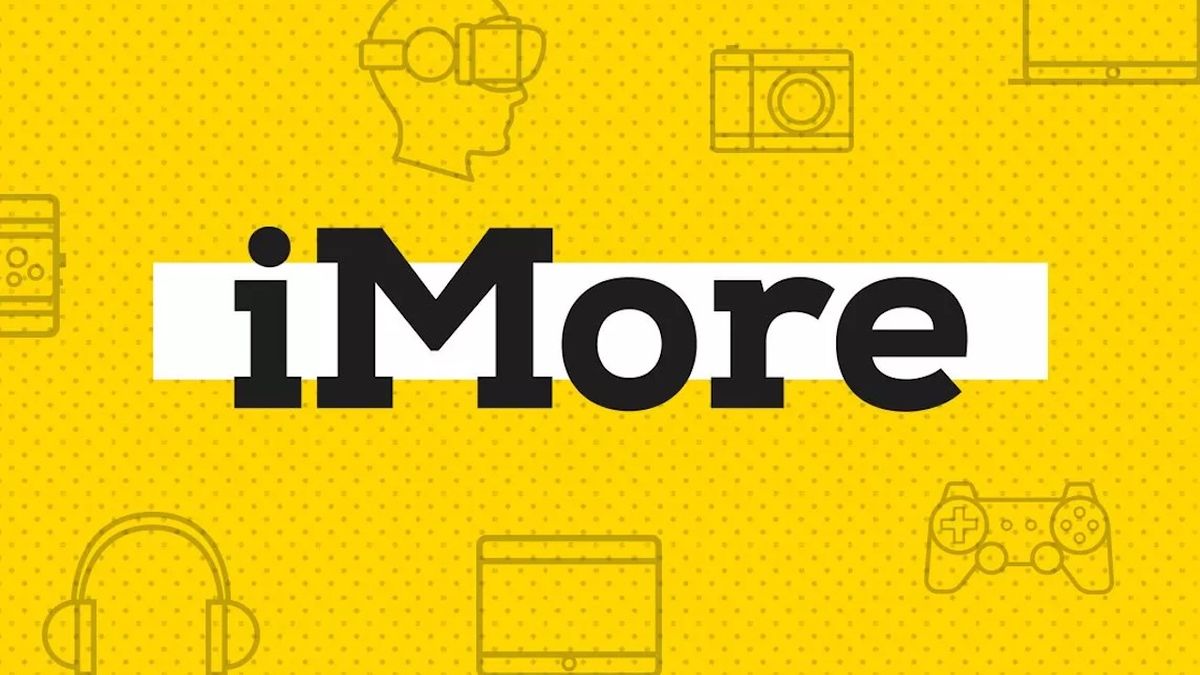 By Brad Stone
By Brad Stone
Just a few years ago, companies were busy building up their borders on the Web, hoarding their content and intellectual property behind digital walls and appointing legal sentinels to fiercely guard their territory. Not anymore.
The A.P.I., or application programming interface, the kindling of the Web 2.0 boom, lets Web sites make their content easily available to other Web developers, who can import it, display it on their own sites and mash it up with other material.
Companies like Flickr, eBay, Google and YouTube pioneered the use of the A.P.I. on the Web. But the tool is now in vogue with a certain kind of company that you would barely expect to even know what the acronym stands for.
Best Buy, the electronics retailer, just announced its own A.P.I., called Remix. Outside Web developers can now draw on any information from the Best Buy Web site – product specs, prices, photos, user reviews – and port it over to their own sites. So, for example, shutterbugs with a digital camera blog can now adorn their sites with information about the cameras they own or desire, and the prices and availability of each.
That might not sound hugely significant, but on a mass scale – with every company on the Web now rushing to unlock their content and make an A.P.I. available – even niche sites are set to become professional and satisfyingly comprehensive.
"Web site creators, or curators, now have the ability to make use of these building blocks from a wide range of sites to craft full experiences," said Oren Michels, the chief executive of Mashery, which helped Best Buy create and manage its A.P.I. "I think the Web, in a sense, will become more linked but more fragmented. You have people who can create sites and content that appeals to niche groups, yet they now have the advantage of being able to co-opt top flight content."
Mashery, a two-year-old San Francisco start-up, is working with old-line firms like Hoover's, Reuters, and even the New York Times, to develop A.P.I.'s. It is essentially in the business of turning internal streams of once-proprietary corporate data into outbound rivers of information that other Web sites can drink from freely.
Earlier this month, Mashery helped MTV.com publish its A.P.I., which allows any Web developer – say, someone building a shrine to Led Zeppelin – to ingest and display all the relevant videos from the voluminous MTV music video archive.
The irony of MTV Networks, a division of the legally assertive media-giant Viacom, opening up its vaults was not lost on Mr. Michels.
"The people who used to say protect, protect of protect are changing their tune," he said. "This is a means of putting simple rules on how content is distributed. You can get content out there in a rational and controlled matter. That is the bigger story of the Internet right now."
Fuente New York Times



0 comentarios:
Publicar un comentario